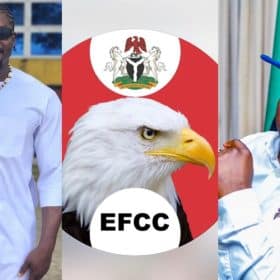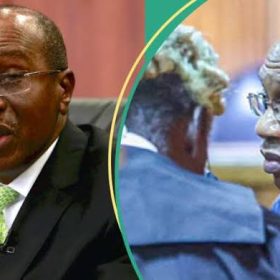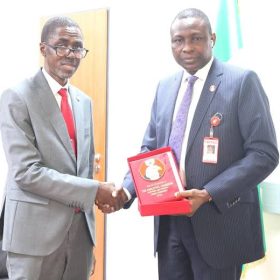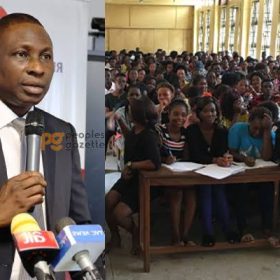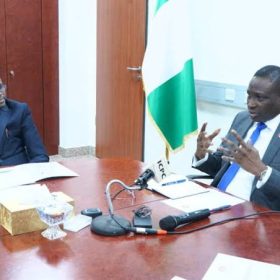EFCC Issues Wanted Notice for Former Power Minister Olu Agunloye over Alleged Corruption

In a significant development, the Economic and Financial Crimes Commission (EFCC) of Nigeria has declared Dr. Olu Agunloye, the former Minister of Power and Steel, wanted. This action comes in the wake of serious accusations of corruption and forgery against him.
Agunloye, who served in the capacity of Minister under the administration of former President Olusegun Obasanjo from 1999 to 2003, is currently embroiled in a controversy over the Mambila hydropower contract, said to be worth about $6 billion. The EFCC’s allegations revolve around irregularities and potential fraudulent activities associated with this contract.
The EFCC, in its efforts to locate Agunloye, has appealed to the public for assistance. They have asked anyone with information about his whereabouts to contact the nearest police station or EFCC office. This move by the EFCC underscores its commitment to combating corruption and holding public officials accountable for their actions.
Former President Obasanjo himself has criticized Agunloye, accusing him of mishandling the power project. Agunloye, however, defended his actions, stating that the contract for the Mambilla Power Project was a Build, Operate, and Transfer (BOT) agreement made in May 2003, under his supervision.
The controversy centers on the legitimacy of this contract and whether due process was followed. Questions have been raised about the authorization and the transparency of the deal, especially given the financial scale of the project.
The EFCC’s investigation and the subsequent declaration of Agunloye as wanted mark a significant step in Nigeria’s ongoing battle against corruption. The case is being closely watched as it may have far-reaching implications for governance and the management of public resources in Nigeria.
This declaration is part of a broader effort by Nigerian authorities to tackle corruption and promote transparency, especially in government contracts and public expenditure.












